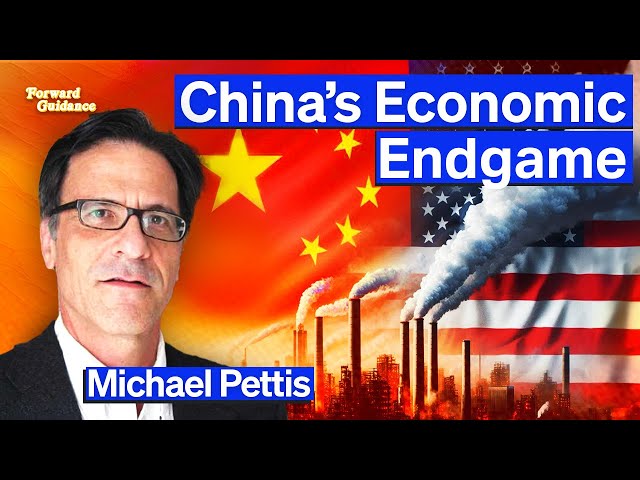Podcast Summary
This podcast features Howard Marks, Co-Chairman of Oak Tree, and other financial experts discussing the changing investment landscape. Topics include the shift in asset-backed finance, the untapped potential in India’s private debt market, the evolving relationship between European banks and private lenders, and the distressed investment cycle in real estate.
Key Takeaways
Changing Investment Landscape
- End of Low Interest Rates: Marx suggests that the era of declining and ultra-low interest rates from 2009 to 2021 is over, which could impact the investment environment and starting points for investments.
- Fixed Income Investing: With the end of the low-interest-rate period, Marx believes fixed income investing may now offer better risk-return prospects than equity investing, with liquid credit instruments yielding high single digits and private credit in the low double digits.
Shift in Asset-Backed Finance
- Opportunities for Alternative Lenders: Commercial banks have been scaling back asset financing due to increased regulations, higher interest rates, and greater risk aversion, creating opportunities for alternative lenders in the $5 trillion asset-backed finance (ABF) market.
- Regulatory Changes: The Basel III End Game is highlighted as a significant regulatory change impacting global banking, making ABF lending less attractive to banks by increasing capital charges.
Untapped Potential in India’s Private Debt Market
- Rapid Economic Growth: India’s economy has grown by 13% annually over the past two decades, making it the fifth-largest economy in the world, yet its credit market growth has not kept pace.
- Opportunities for Private Creditors: The funding gap in India has created opportunities for private creditors, with an addressable universe for private credit estimated at over $300 billion and the potential for high yields and favorable credit terms.
Distressed Investment Cycle in Real Estate
- Balance Sheet Challenges: Traditional lenders, especially US community and regional banks, face balance sheet challenges due to their exposure to commercial real estate, which has seen a significant decline in value since 2020.
- Opportunities for Alternative Real Estate Financing Providers: The real estate market is approaching a maturity wall, creating opportunities for alternative real estate financing providers as traditional lenders become less willing and able to lend.
Sentiment Analysis
- Bullish: The podcast expresses a bullish sentiment towards fixed income investing, citing better risk-return prospects than equity investing in the current environment. The speakers also express optimism about the opportunities for alternative lenders in the asset-backed finance market and the potential in India’s private debt market.
- Bearish: There is a bearish sentiment towards traditional lenders, especially US community and regional banks, due to their exposure to commercial real estate. The podcast also expresses concern about companies that took on excessive debt through leveraged buyouts in 2020-2021, now struggling in a higher interest rate environment.
- Neutral: The podcast maintains a neutral stance on the future of interest rates, suggesting that the Federal Reserve may reduce rates by 25 to 50 basis points through the end of 2024.











